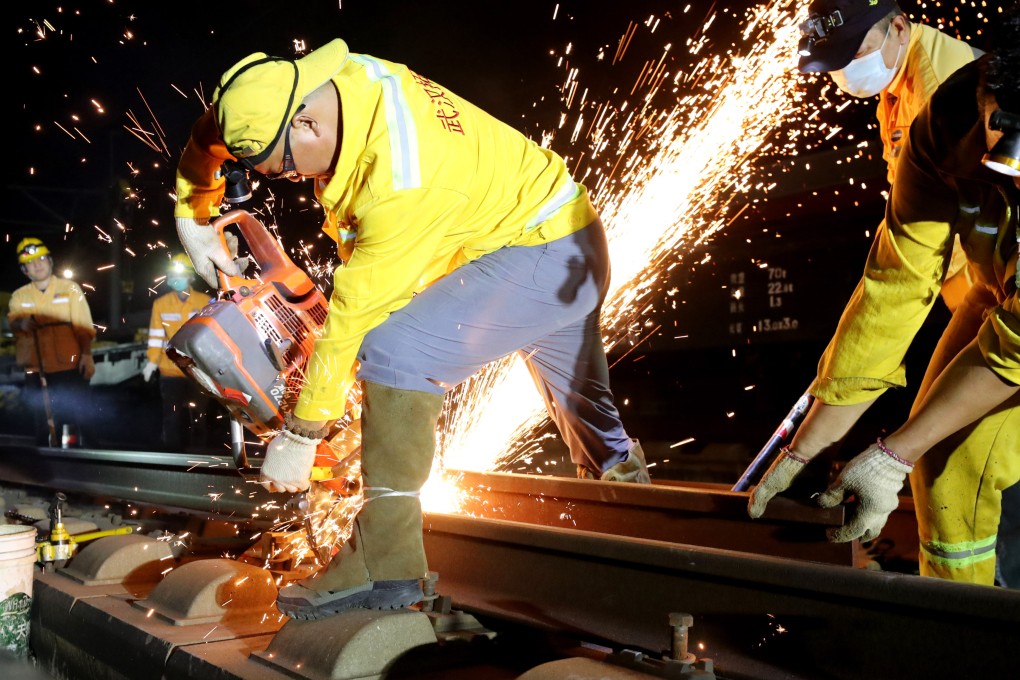Advertisement
Shanghai bets on infrastructure, fixed-asset investment to claw back economic losses from two-month citywide lockdown
- Mega projects ranging from metro lines to data centres are set to create a cascade of demand for industrial products, say company bosses
- Shanghai’s GDP shrank 13.7 per cent in the second quarter as residents were confined to their homes and manufacturing was suspended
Reading Time:2 minutes
Why you can trust SCMP

Shanghai, walloped by a two-month Covid-19 lockdown, is pinning its hopes on infrastructure construction and fresh fixed-asset investment to get the local economy back on track following a woeful first-half performance.
Mega projects ranging from metro lines, museums and theatres to data centres and research institutes are set to create a cascade of demand for industrial products that can help support the employment rate and help manufacturers sustain profitability, said company bosses.
“We hope the market will recover in the next two to three months,” said Martin Wawra, managing director of Voith Turbo China, a German supplier of rail industry products. “When the demand increases, orders [for our products] will come back.”
Advertisement
He said that new metro lines the municipality plans to build will give Voith a much-needed boost next year when the mammoth projects receive the go-ahead to start construction.
Leo Zhang, president of chemical product maker Sika China, said the government’s stimulus policies to underpin the ailing economy could offset the losses his firm suffered in production during the citywide lockdown.
“We hope new orders from construction of public works as well as building of solar and wind power plants can help Sika’s Shanghai factories make up for lost ground,” he said. “We still hope that positive growth [in production] can be achieved.”
Advertisement
Select Voice
Select Speed
1.00x
